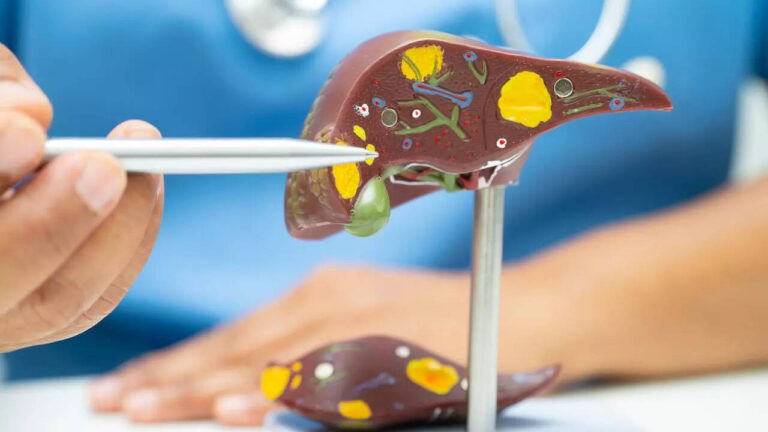
The body always gives subtle hints when something is not right. While many symptoms can be harmless, even temporary, some may be early indicators of serious medical conditions that require urgent attention. From recurring headaches to unexplained bruising, here are six signs that should not be ignored, and what they might mean.
Persistent or severe headaches

A regular headache is common, but if it becomes too much or the migraines become more frequent, severe or different than usual, it could signal something more serious. If accompanied by symptoms such as vomiting, nausea, visual changes or confusion, it could potentially signal towards:
- Meningitis
- Idiopathic intracranial hypertension
- Brain aneurysms
- Mini stroke
What to do: Seek medical evaluation immediately, a doctor may order for a CT or MRI scan, few blood tests to check for infection, bleeding and neurological diseases.
Easy bruising
If there is no known or visible injury on the body and bruising still occurs on unusual areas such as back, abdomen, face and legs, and are slow to heal it could signal towards a problem with the blood, platelets or vascular health. It could potentially signal towards:
- Blood clotting disorders
- Leukemia
- Vitamin deficiencies (C or K)
- Side effects from medications like blood thinners
What to do: Ask the doctor for a complete blood count (CBC), coagulation profile or liver function tests.
Unexplained weight loss

Losing weight without even trying? If one loses more than 5% or more of the body weight within a certain amount of time (6-12 months), it is not normal. It is your body signaling towards more serious illness, such as chronic diseases such as Tuberculosis or HIV, cancer (stomach, lung, lymphoma), diabetes.What to do: The Doctor might suggest a physical exam and blood tests such as blood sugar, CRP/ESR, CBC and possibly CT scan to help uncover the cause.
Chronic fatigue (that doesn’t go away with proper rest)
If one is feeling tired with good quality sleep and proper rest and diet, persistent fatigue can be an early sign of both physical and mental health conditions that are treatable if caught early. It could potentially signal towards: Anemia, chronic kidney or liver disease, depression or thyroid dysfunction.What to do: A doctor might want to test B12, Thyroid hormones (TSH) and renal and liver function.
Shortness of breath

Finding yourself breathless even during light exercise or activity? It could signal a problem with the heart, lungs or blood: such as heart disease, asthma, COPD, anemia.What one may need: Doctors might recommend ECG, chest X-ray, blood tests such as (troponin, D-dimer) or CT scan of the chest.
Changes in bowel habits

Noticing persistent diarrhea, constipation, narrow stools or blood (in stool), these are not just digestive annoyances; they can be signs of a more serious underlying gastrointestinal condition. It could be a signal towards colon cancer, inflammatory bowel disease, infections or gastrointestinal bleeding from piles or ulcers.What to do: One might need a colonoscopy, blood work or possibly imaging of the abdomen.








